The Genius Under the Table: A Cover Reveal and Q&A with Eugene Yelchin
And now for something completely different.
Plenty of authors have written lightly fictionalized memoirs of their youth. Such books have a tendency to follow a rough pattern. There are bullies and a kind teacher. There’s the overachieving sibling and the parents that just don’t understand. But set the whole kerschmozzle in Cold War Russia while maintaining the humor? That is different! That is new! THAT is fascinating!
Eugene Yelchin has been working in the field of children’s books for years, but it was his novel Breaking Stalin’s Nose that earned him a Newbery Honor and brought his name to prominence. He returns in his latest book The Genius Under the Table: Growing Up Behind the Iron Curtain to Russia once more, and to some very personal material. We’re gonna show you the cover, you bet, but first I’ve some questions that need to be answered. Questions like, what is the plot of this book? Well . . .
ADVERTISEMENT
ADVERTISEMENT
“With a masterful mix of comic timing and disarming poignancy, a Newbery Honoree offers his memoir of growing up in Cold War Russia.
Drama, family secrets, and a KGB spy in his own kitchen! How will Yevgeny ever fulfill his parents’ dream that he become a national hero when he doesn’t even have his own room? He’s not a star athlete or a legendary ballet dancer. In the tiny apartment he shares with his Baryshnikov-obsessed mother, poetry-loving father, continually outraged grandmother, and safely talented brother, all Yevgeny has is his little pencil, the underside of a massive table, and the doodles that could change everything. With equal amounts charm and solemnity, award-winning author and artist Eugene Yelchin recounts in hilarious detail his childhood in Cold War Russia as a young boy desperate to understand his place in his family.”
That answers some questions, but I’ve lots more. Best to go to the source, then. Ladies and gentlemen, Eugene Yelchin:
Betsy Bird: Thank you so much for answering my questions today! I just finished your book and it’s remarkable. Of course, it isn’t the first time you’ve drawn upon your childhood in your writing. Breaking Stalin’s Nose comes most immediately to mind. That book was Fiction and this one skews closer to Memoir. How much of this book would you say is history as you lived it and how much contains the occasional fictional flourish?

Eugene Yelchin: Thank you so much for reading my book, Betsy. As I began working on it, my wife gave me a very smart essay by Sven Birkerts The Art of Time in Memoir, in which he writes: “The point is story, not chronology…The question is not what happened when, but what, for the writer, was the path of realization.” Reading these lines was so liberating! The path of realization experienced in my childhood—realization that there was a lot more to life than I had earlier suspected—is now at the heart of my memoir. But instead of describing that path as I remembered it, I chose to dramatize it. In other words, the events described in the book did happen, but they certainly did not happen in such linear, cause and effect, progression.
BB: Your book is striking as it doesn’t shy away from some of the ugliness of the era. And you could have written this for any audience. How does a person make the decision to write their memoir for a child rather than an adult audience?
EY: I decided early on that the story would be told from my point of view as a boy, a decision that automatically assumed a younger reader. An adult memoir holds two protagonists simultaneously: the author as a child and the author as an adult. The child is made to experience past events while the adult explains their meaning from the hindsight of the present. I removed the adult entirely and left my younger self figuring things out for himself. As a boy, I discovered that there were secrets not only in my family but in my country as well, yet my questions were rarely answered. In our police state, silence was the means of self-preservation, and my parents had never told me anything which, if repeated by me, could have gotten us in trouble.
BB: In the book you do get art lessons. What was the ultimate effect of those lessons on what would later become your style?

EY: I don’t really have a style, Betsy. What I have is a hodge-podge of a million different styles. My first art teacher T. G. Bruni is partially to blame for it. Bruni was a legendary theater designer who had made enormous contribution to the early Soviet avantgarde, but as a result of the Stalinist purges, she chose to sacrifice her talent in order to stay alive. While I was studying with her, Bruni introduced me to the work of the Russian avantgarde artists that were eliminated from our official history of art, those who had managed to emigrate, and those who were exiled, imprisoned, or murdered by our secret police. The audacity of their artistic experiments that were hidden from me until I met Bruni, still inspires me today, still prevents me from settling on one style, still forces me to look for new ways of expression. Most of the time I fail, but every now and then I manage to surprise myself, thanks to my exceptional teacher.
BB: Of course, a kid reading this book is going to wonder what happened next. How did you leave Russia? How did you come to the States? Are you planning to write a sequel to this at some point in the future?
I hope that kid grows up quickly because the sequel that focuses on me leaving Russia will be released in 2022, but giving the circumstances of my departure, the sequel is most likely to be a YA book than a middle grade one.
ADVERTISEMENT
ADVERTISEMENT
BB: I was walking in an outdoor mall today and I saw Baryshnikov in an ad. It reminded me to ask this: Did you really get to wear Baryshnikov’s cast off blue jeans when he defected? Any plans to send him a copy of this book? After all, he may remember your mother.

EY: Why cast-off? My first pair of bell-bottoms were only lightly worn by Baryshnikov. My mother bought them from him for forty rubles, a significant sum for us in those days. I didn’t particularly care that the jeans were Baryshnikov’s, but I sure did care that they were genuine Levi’s; you couldn’t buy American goods in our stores. And, yes, I believe we are sending Baryshnikov the book. I hope he still remembers my mother. She knew him since he came to study at the Vaganova Ballet School where my mother had worked for most of her life. When Baryshnikov became a dancer with the Kirov Ballet, my mother used to take me backstage to watch him dance. Watching Baryshnikov at such close range, I was able to see what hard, hard work ballet dancing really was. As a result, I have never had any romantic notions about art. Being an artist is a job like any other job, but often it is a lot more demanding and all-consuming than most.
BB: And finally, what are you up to next?
EY: The second part of the memoir is in the works, as well as a couple of other projects that are still in the early stages, but I am pretty sure that my future boy protagonists will continue to figure out things for themselves and every now and then, become astonished that there is a lot more to life than they had previously suspected.
And now . . . the moment of truth . . .
The Cover:

Special thanks to Eugene for answering my questions and to Phoebe Kosman and the folks at Candlewick for allowing me this reveal. The Genius Under the Table arrives on bookshelves everywhere October 5th.
Filed under: Best Books, Best Books of 2021, Cover Reveal, Interviews
About Betsy Bird
Betsy Bird is currently the Collection Development Manager of the Evanston Public Library system and a former Materials Specialist for New York Public Library. She has served on Newbery, written for Horn Book, and has done other lovely little things that she'd love to tell you about but that she's sure you'd find more interesting to hear of in person. Her opinions are her own and do not reflect those of EPL, SLJ, or any of the other acronyms you might be able to name. Follow her on Twitter: @fuseeight.
ADVERTISEMENT
ADVERTISEMENT
SLJ Blog Network
2024 Books from Pura Belpré Winners
Winnie-The-Pooh | Review
Parsing Religion in Public Schools
Finding My Own Team Canteen, a cover reveal and guest post by Amalie Jahn
ADVERTISEMENT



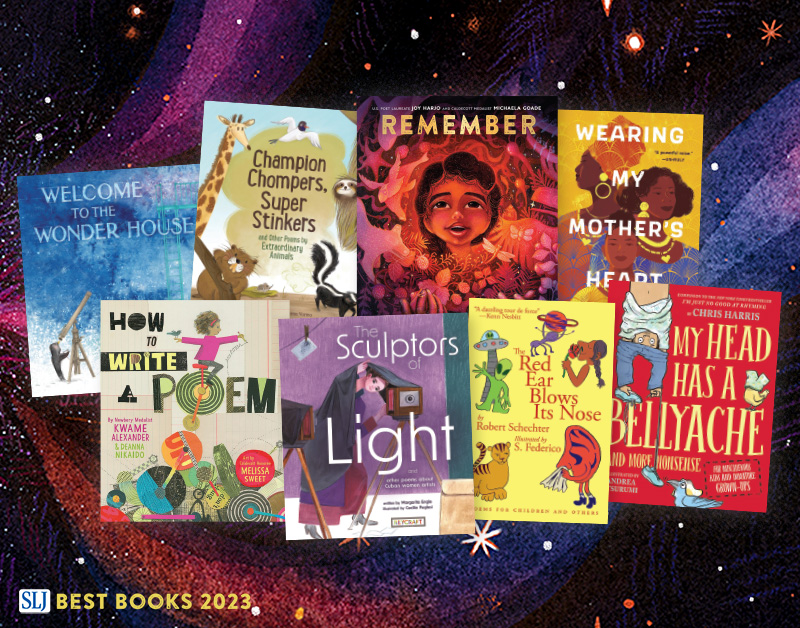
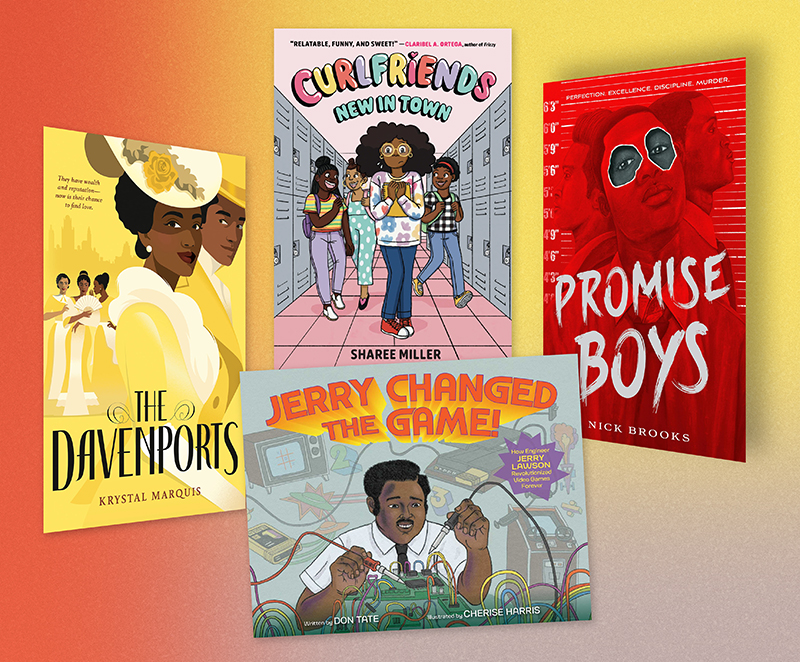
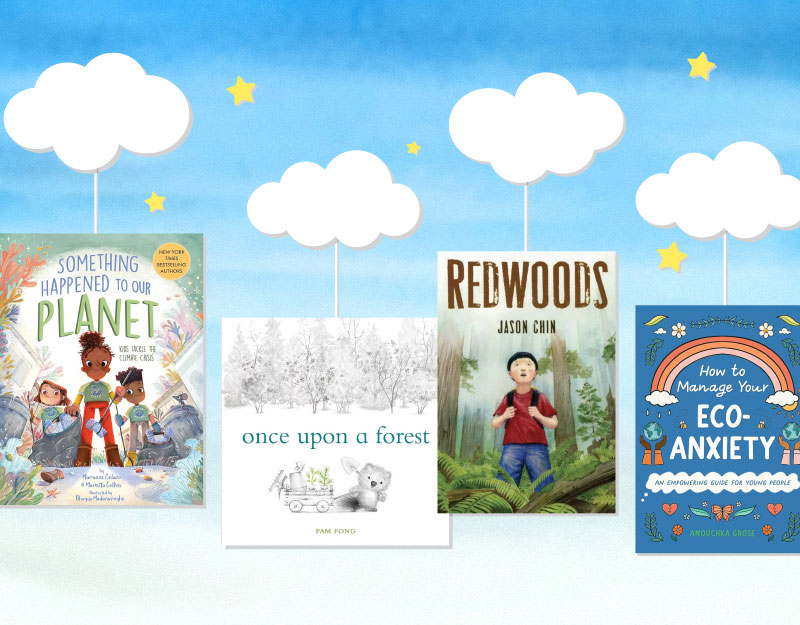
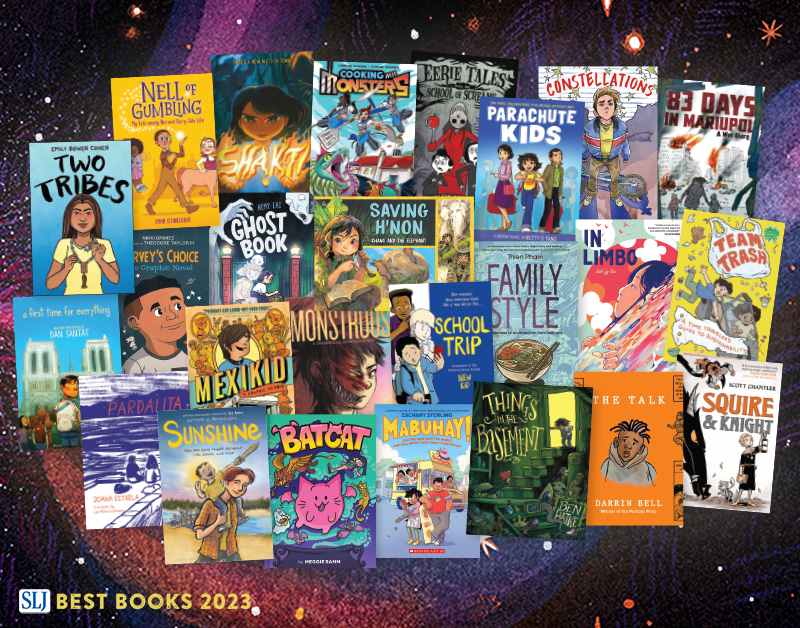
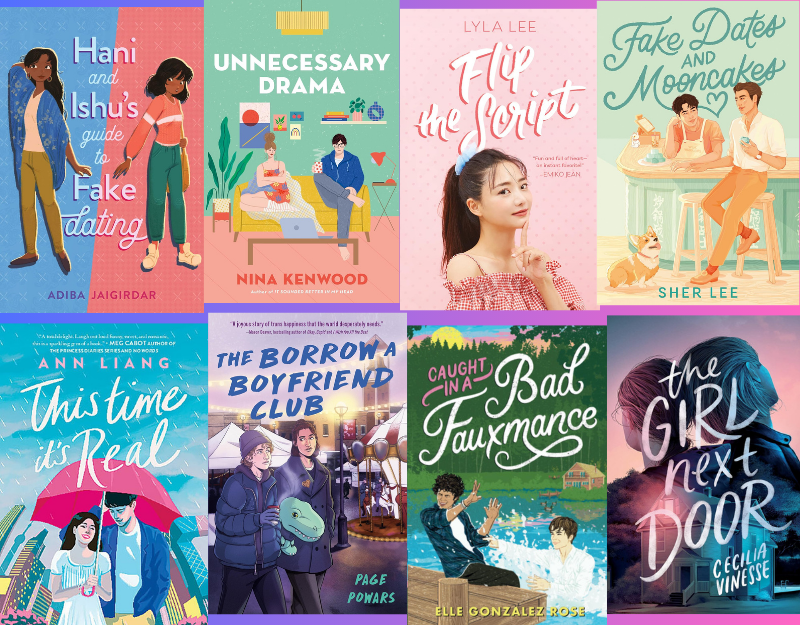
A wonderful discussion of a brilliant book! I am honored to have had Eugene’s editing help on my book (Yuri’s Promise) set during the Siege of Leningrad. He is indeed a most gracious and talented man.